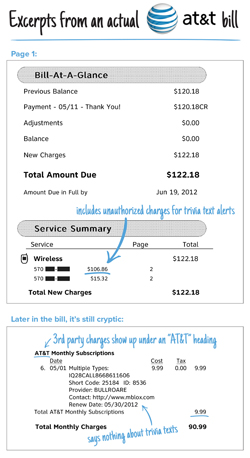Federal Trade Commission staff, in response to a notice requesting public comments, urged the Texas State Board of Dental Examiners to reject two proposed rules that impose new restrictions on the ability of Texas dentists to enter into contracts with non-dentists, such as dental service organizations (DSOs), for the provision of nonclinical, administrative services. The comment explains that such restrictions may reduce competition, likely resulting in higher prices and reduced access to dental services, especially for underserved populations.
The comment is part of the FTC’s ongoing efforts to promote competition in the health care sector, which benefits consumers through lower costs, better care, and more innovation.
The comment, submitted by staff of the FTC’s Office of Policy Planning, Bureau of Competition, and Bureau of Economics, states that the rules (proposed 22 Tex. Admin. Code § 108.70 and § 108.74) seem likely to discourage dentists from affiliating with DSOs by mandating that dentists assume responsibility for the types of functions that DSOs typically provide, and by expanding the Board’s authority to take disciplinary action against dentists who enter into these prohibited agreements. By contrast, under the current regulations, such service agreements for many business functions such as accounting and bookkeeping are presumed not to violate the Texas Dental Practice Act.
The comment states that the proposed rules, if adopted, may deny consumers the benefits of competition spurred by the efficiencies that DSOs can offer. By restricting dentists’ choices when deciding upon the most efficient way to organize the nonclinical aspects of their practices, the rules could deny dentists potentially significant cost savings and the ability to focus on providing dental care, rather than on the business management aspects of running a dental practice. These savings may lead to lower prices, improved service, and increased access to care.
The staff urged the Board to consider whether reliable evidence indicates that the rules will serve any important public purpose, such as addressing substantiated health and safety concerns or concerns about fraud; and if so, whether the proposed restrictions may be broader than necessary to address such concerns; and whether less restrictive alternatives might be available. Because the sweeping restrictions appear unnecessary to address any concerns about the independent judgment of dental professionals or fraud, but can be expected to inhibit competition, increase prices, and decrease access to dental services, the comment urges the Board to reject the proposed rules.
The Commission vote to issue the staff comment was 5-0. It was sent to Simone Salloum, Assistant General Counsel, Texas State Board of Dental Examiners, on October 6, 2014. (FTC File No. V140013; the staff contact is Karen Goldman, Office of Policy Planning, 202-326-2574).
The FTC’s Office of Policy Planning works with the Commission and its staff to develop long-range competition and consumer policy initiatives, consistent with the FTC’s unique mission to conduct research and engage in advocacy on issues that affect competition, consumers, and the U.S. economy. The Office of Policy Planning submits advocacy filings; conducts research and studies; organizes public workshops; issues reports; and advises staff on cases raising new or complex policy and legal issues. To reach the Office of Policy Planning, send an e-mail to [email protected]. Like the FTC on Facebook, follow us on Twitter, read our blogs, and subscribe to press releases for the latest FTC news and resources.

